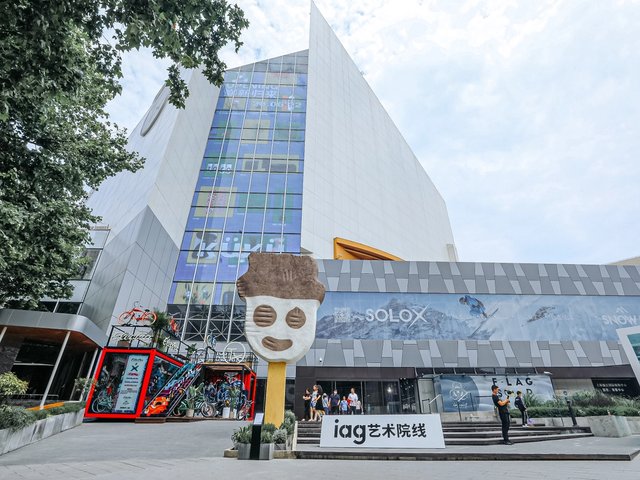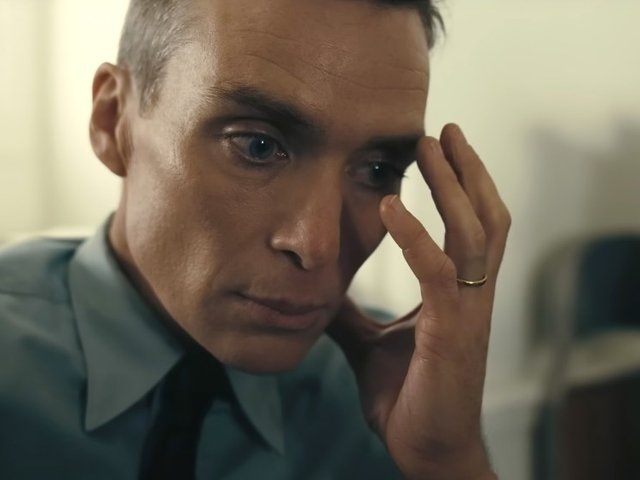The Dutch artist Job Koelewijn’s trio of white mobile cinemas have proved an unexpected hit since they first appeared on the streets of Dongguan, a city of eight million in China’s southern Guangdong Province. Real Fiction Cinema, which opened on March 18 and runs until June 18, had a projected capacity of 8,000 people a day, but is now averaging more than 10,000 a day.
Resembling shipping containers in size and shape, the mobile cinemas hold up to 23 people at a time. At the end of the containers, instead of a projection screen, there is a screen-shaped cut-out in the wall, providing a view of the outside street, with its mundane local human drama. The mobile cinemas were designed by the Swiss architectural firm Lost and were first show in Zürich in November 2010, travelling later to Bern, Art Basel and the Locarno Film Festival.
Project curator Klaus Littmann explains that Real Fiction Cinema chose Dongguan as its first China location because "a city like Dongguan has more possibilities” than first-tier cities such as Beijing and Shanghai. Dongguan is known in China as the capital of electronics manufacturing and the sex trade, though both have taken hits recently, from a slowing economy and an official crackdown respectively. It is not generally known for art.
“International public art cinema has come to Dongguan! How fancy!” enthused one Dongguan citizen on Chinese social social media, while others discussed and compared the locations, at Dongguan People's Park Plaza, Yulan Theater Square and Dongcheng Road. Another public art piece, a 30-metre-high sculpture, Natural Chaos, by the Belgian artist Arne Quinze, has been a source of some controversy since its unveiling last October.




